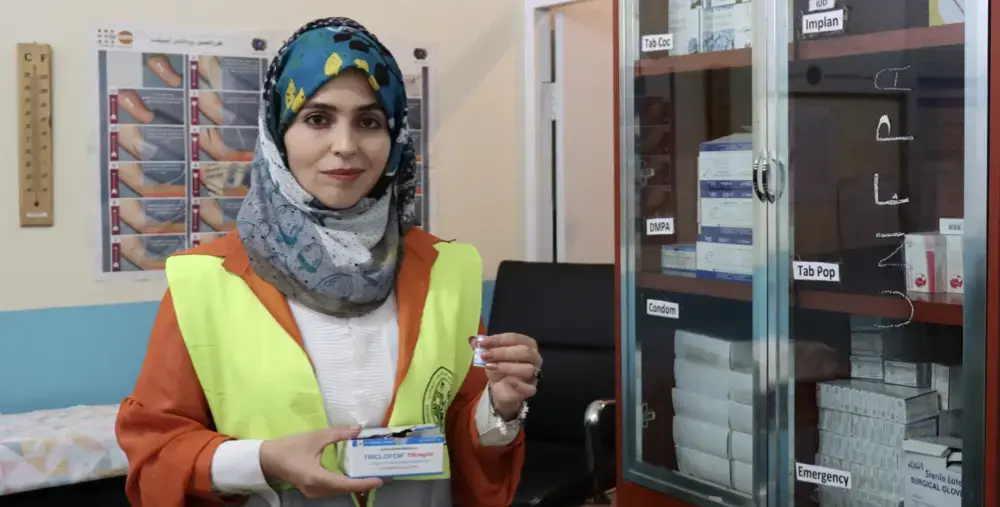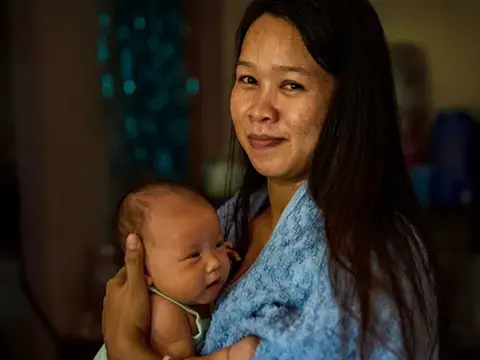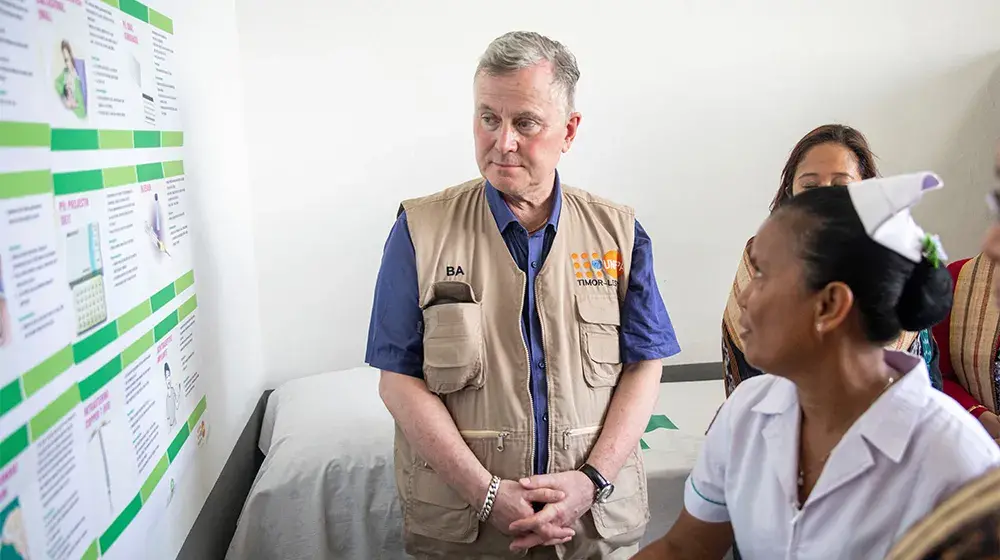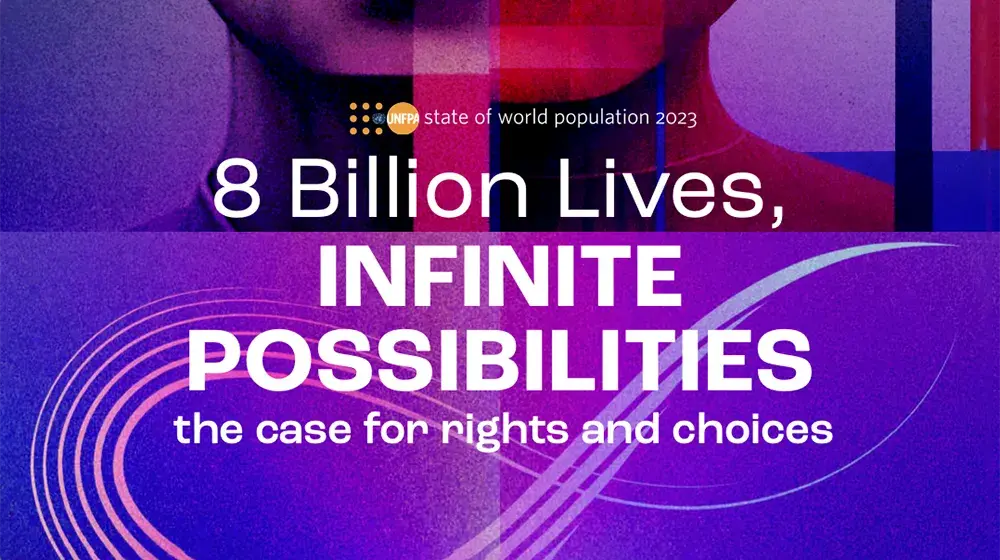Profile: Rajina Noori, Humanitarian in Afghanistan
“Young people overcome challenges”
“The work we are doing, by supplying these health centres, really helps the girls and women of my country, especially in villages and rural areas of Afghanistan where they do not have access to education,” says Rajina.
The last mile assurance volunteers go to clinics, public and private hospitals around the country to check the expiry dates of drugs and medicines and to check stock cards and registration. The volunteers like Rajina speak directly with women and girls as well as health workers about women's health and birth spacing commodities delivered by UNFPA to the specific service delivery point. “We note the medicines that the hospitals and clinics need. The supplies make a real difference because reproductive health plays such an important role in women and girls’ lives.”
Rajina says a greater focus on reproductive health is absolutely critical. “When we are healthy, we can work and do our tasks properly. If we do not have good health, we cannot achieve our goals.”
"If we do not have good health, we cannot achieve our goals.”
She says reproductive health and birth spacing is even more important for women and girls who live in villages because they often have little understanding of their own body, birth spacing methods and they are denied basic rights. “We have a responsibility to give the girls information about reproductive health products so that they can take care of themselves and their children’s health.”
Parts of Afghanistan have been gripped by prolonged drought, intensified by climate change. Water is more scarce and the basic issues of women’s health and personal menstrual hygiene management only become more difficult.
Rajina says being a volunteer requires bravery as well as “talent, physical ability and mental health. Seeing the courage of my fellow volunteers motivated me to help underprivileged women suffering from illnesses that they should not have to suffer from, if women have access to simple medicine or treatment.”
“There is not a job in the world without challenges, but this project is proof that young people overcome against challenges to becomes agents of change in the community."
Women are increasingly restricted from public life in Afghanistan, yet Rajina continues to do her work to support other women. She admits there are many challenges. “There is not a job in the world without challenges, but this project is proof that young people overcome against challenges to becomes agents of change in the community: I have been shouted at, harrassed and persecuted by people who tried to stop us doing our work and expel us from the area.”
Rajina and the volunteers need to be skilled at coordinating with community leaders so they can reach the women in need. “Once we were blocked for a while, but after informing the community elders and talking with them, they finally allowed us to visit the area.”
Rajina says as a young woman working in the health sector, she's inspired to help other young women. “We need to inform them about the availability of reproductive health and menstrual hygiene products, because health as mothers plays such a critical role in all our lives.”
She says stakeholders and community members in Afghanistan should do more to value women as the foundation of a healthy society. “Women are the only ones who can give birth and mother capable, educated people in society, where everyone benefits from their talents and abilities.”
“I see a bright future for myself, and inshallah I can achieve my goals in life.”
Rajina insists it is not a binary choice between being a mother and having a career. “A woman can be a good mother and a qualified manager, someone who contributes to the improvement of her community.”
Despite the prolonged crisis and conflict in Afghanistan that has spanned most of her 22 years, for Rajina starting her career as a midwife and volunteering with the Afghan Family Guidance Association through UNFPA supported Last Mile Assurance intervention, she is hopeful about the future. “I see a bright future for myself, and inshallah I can achieve my goals in life.”





